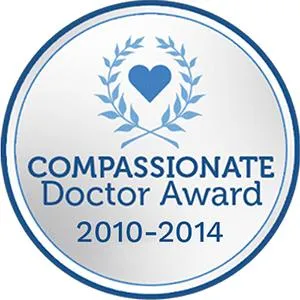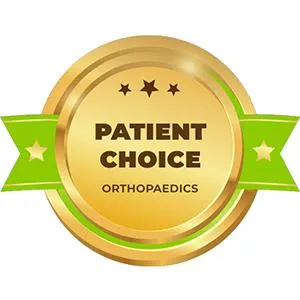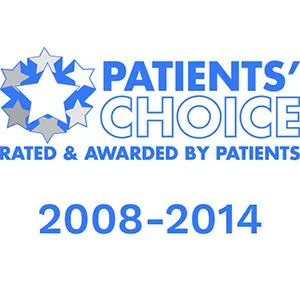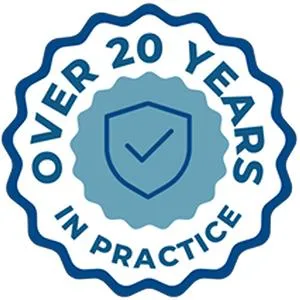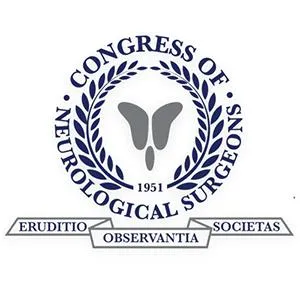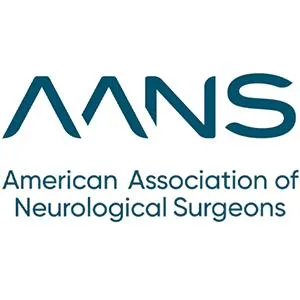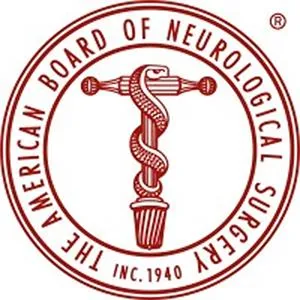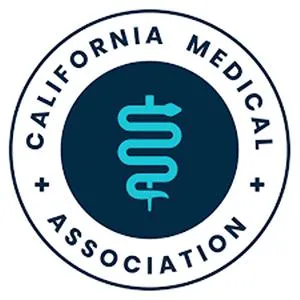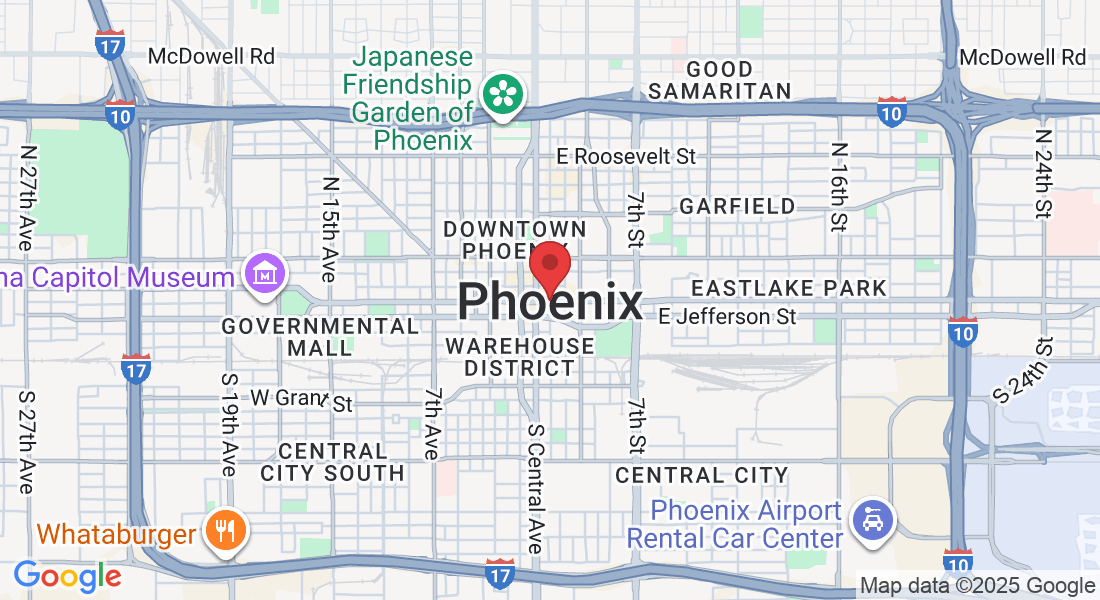Disc Disorders
Degenerative Disc Disease (DDD)
Understanding Age-Related Disc Changes
As we age, the spinal discs that cushion the vertebrae gradually lose water content and elasticity. This process, known as degenerative disc disease (DDD), can reduce flexibility, cause stiffness, and sometimes trigger chronic pain. Despite its name, DDD is not truly a “disease” but rather a natural part of aging that may or may not cause symptoms. At Desert Spine and Pain, we help patients in Phoenix and across Arizona understand how degenerative disc disease affects their spine — and what can be done to reduce pain and restore function. Under the leadership of Dr. David L. Greenwald, M.D., FAANS, FACS, a nationally recognized neurosurgeon, our team provides advanced, compassionate care tailored to each patient.

Over 100 5-Star Reviews!

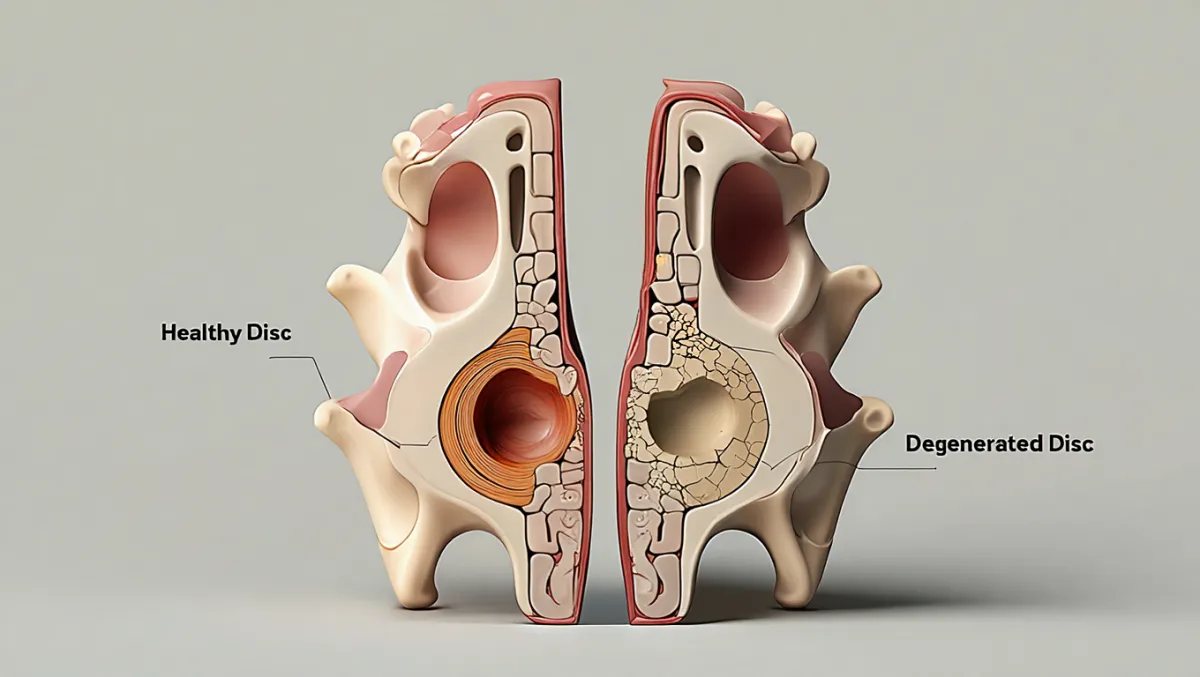
What Is Degenerative Disc Disease?
Each spinal disc has a tough outer wall (annulus fibrosus) and a soft gel-like center (nucleus pulposus). Over time, discs:
Lose hydration (desiccation)
Flatten and lose height
Become less flexible
Develop small tears in the outer wall
These changes can lead to instability, inflammation, and pain. DDD may occur in the cervical (neck), thoracic (mid-back), or lumbar (lower back) spine.
Causes and Risk Factors
Aging – The most common factor.
Genetics – Family history of disc problems.
Injury or trauma – Falls, accidents, or repetitive strain.
Obesity – Extra weight stresses the spine.
Smoking – Reduces blood flow, accelerating disc degeneration.
Sedentary lifestyle – Weak muscles provide less spinal support.
Symptoms of Degenerative Disc Disease
Chronic, low-level back or neck pain
Pain that worsens with bending, lifting, or twisting
Pain that improves when lying down or changing positions
Stiffness and reduced mobility
Numbness, tingling, or weakness if nerves are compressed
“Flare-ups” with activity, followed by periods of relief
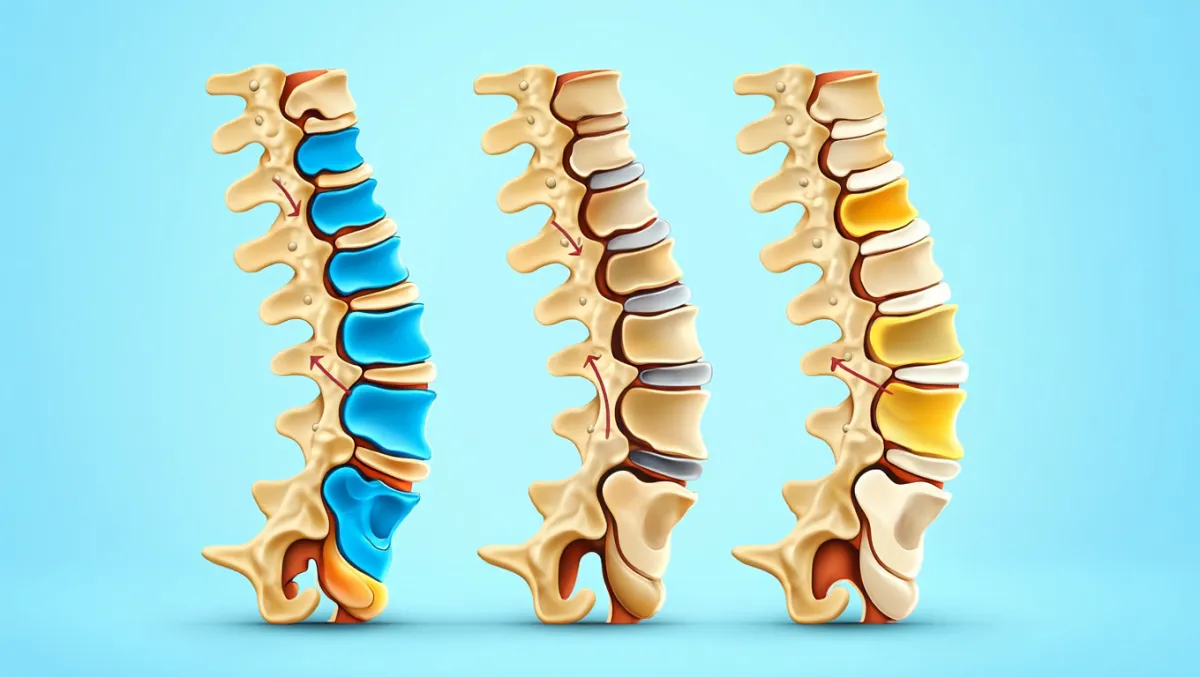
Diagnosis
At Desert Spine and Pain, diagnosis begins with a thorough evaluation:
Medical history & physical exam – Reviewing your symptoms, triggers, and function.
Imaging – MRI is most helpful to assess hydration and disc health.
X-rays – Reveal alignment and disc space narrowing.
Discography – Occasionally used to confirm disc-related pain.
Because many people have age-related disc changes without symptoms, accurate diagnosis from a specialist like Dr. Greenwald is essential.
Treatment Options
Non-Surgical Care
Most patients with DDD improve without surgery. Options include:
Medications (anti-inflammatories, muscle relaxants)
Physical Therapy for posture, flexibility, and strength
Lifestyle modifications (weight management, smoking cessation, ergonomics)
Heat, ice, and massage for symptom relief
Epidural Steroid Injections to reduce inflammation
Surgical Care
If conservative measures don’t provide relief:
Microdiscectomy – Removes disc fragments irritating nerves
Disc Replacement – Preserves natural motion with an artificial disc
Lumbar Fusion – Stabilizes the spine when degeneration is severe
Minimally Invasive Spine Surgery – Smaller incisions, quicker recovery
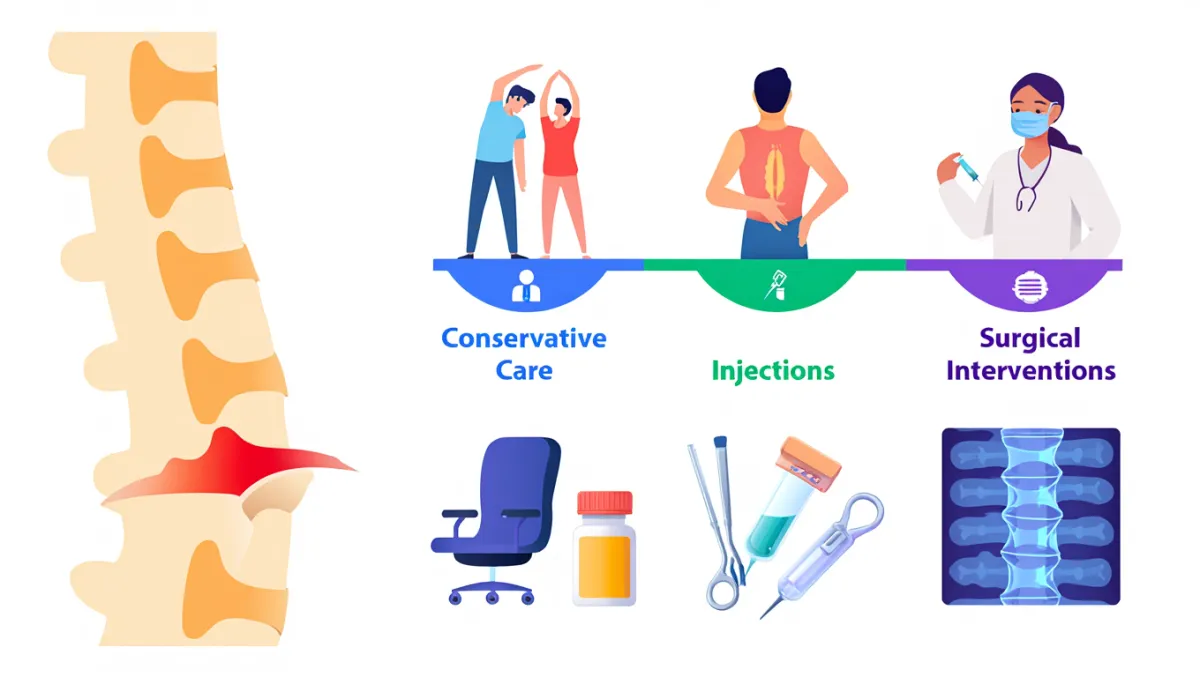
Recovery and Prognosis
Conservative care – Many improve in weeks to months with PT and lifestyle changes
Injections – Provide relief lasting months to a year, often allowing therapy progress
Surgery – Recovery varies: MIS procedures may allow activity in weeks, while fusion requires several months for full healing
Why Choose Desert Spine and Pain?
Nationally recognized neurosurgeon – Dr. Greenwald provides advanced expertise in disc disorders.
Comprehensive treatment options – From conservative care to motion-preserving surgery.
Conservative-first philosophy – Surgery only when truly necessary.
Compassionate care – We support patients through every stage of diagnosis and treatment.
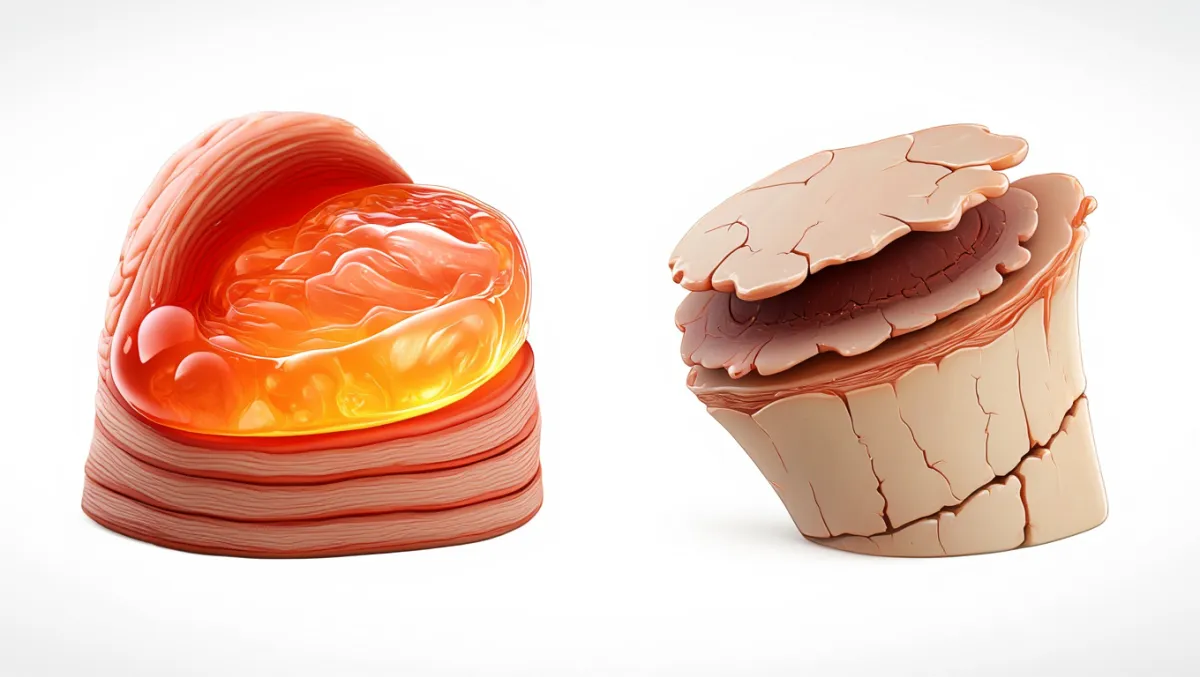
Frequently Asked Questions
Is degenerative disc disease a normal part of aging?
Yes. Most people experience some disc degeneration with age, but not everyone develops painful symptoms.
Can degenerative disc disease heal on its own?
Discs do not “regenerate,” but symptoms can often be managed successfully with conservative care.
Do I need surgery for DDD?
Not usually. Surgery is reserved for severe, persistent symptoms that don’t respond to other treatments.
What’s the difference between DDD and arthritis?
DDD affects the discs, while arthritis affects the facet joints. Both can occur together and contribute to back pain.
How does Desert Spine and Pain approach DDD differently?
We combine precise diagnostics, conservative-first care, and minimally invasive surgical expertise under the leadership of Dr. Greenwald.
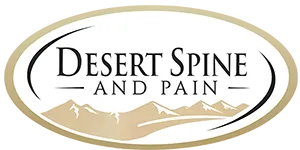

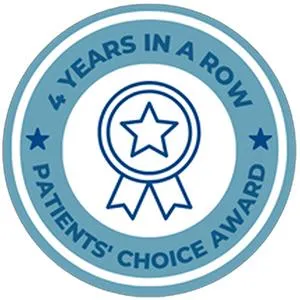
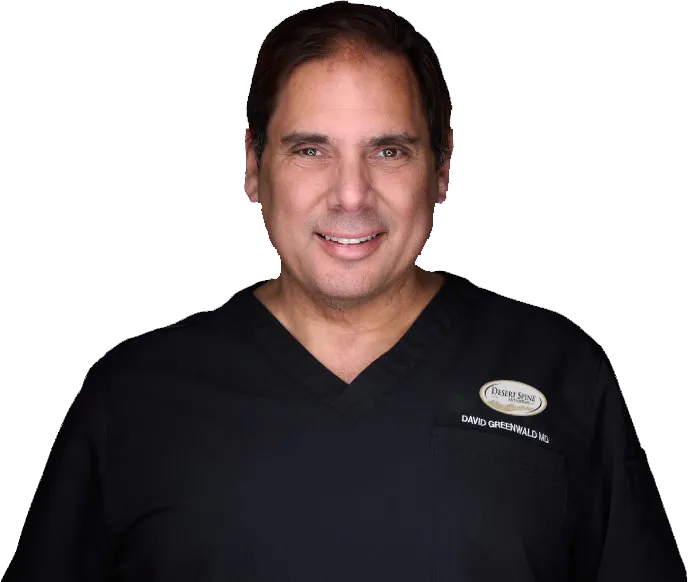
Dr. David L. Greenwald, MD
Neuro-Spine Surgeon
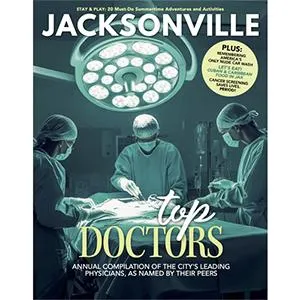
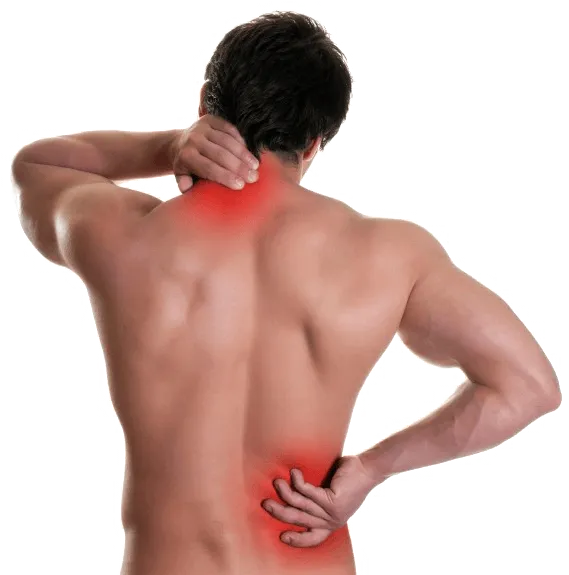
Call Now!
Desert Spine and Pain
A Spine Specialist is standing by.
Relief is just a phone call away!
Available Around the Clock.
Phone: (602) 566-9500
Email: [email protected]
Contact Us
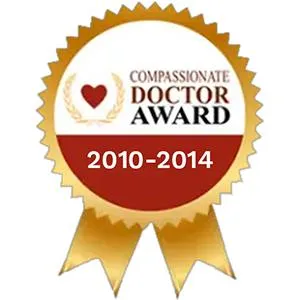
Schedule a Consultation
If you’re living with pain from degenerative disc disease, Dr. Greenwald and his dedicated team are here to help you find relief and restore your quality of life. From diagnosis to recovery, you’ll receive compassionate care and personalized guidance every step of the way. Whether your pain is mild or severe, there are effective treatments that can help you move better and feel stronger. Take the first step toward a healthier spine—schedule your consultation today and start your path to lasting relief.
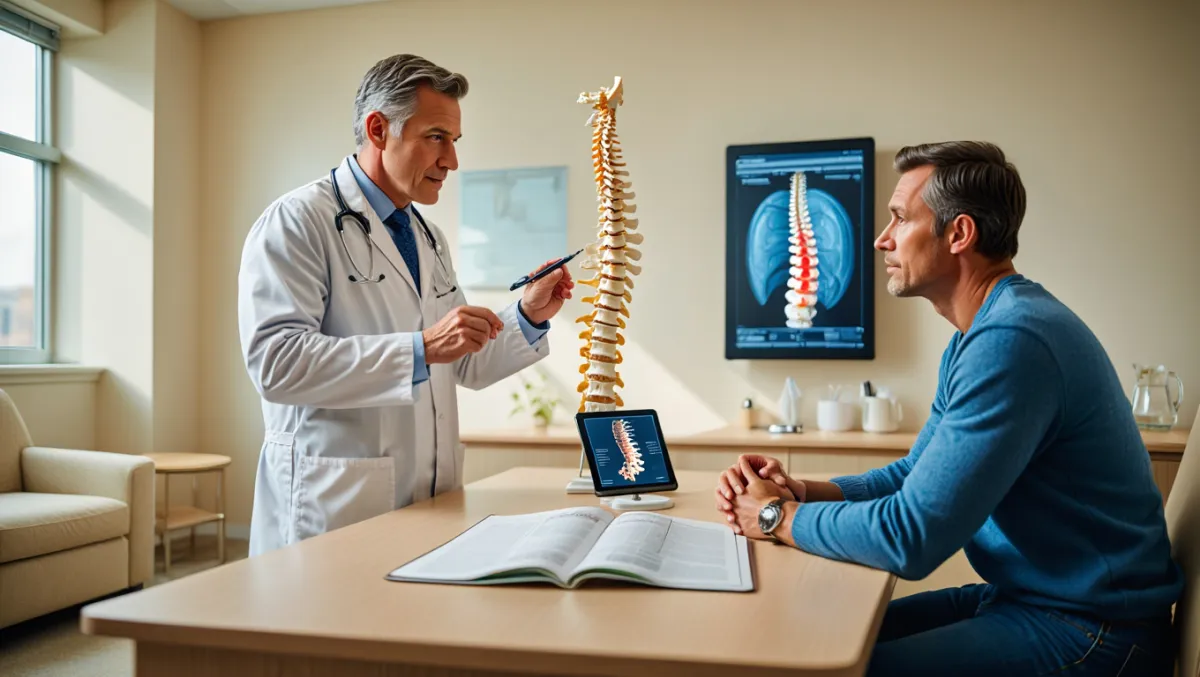
Voted Best Spine Doctor
Over 30 Years Experience in Orthopedic & Neuro Spine Surgeries.

Dr. David L. Greenwald, M.D., F.A.C.S.
Neurosurgeon | Spine Surgeon | Regenerative Medicine
Dr. David L. Greenwald, MD, FACS, is a board-certified spine surgeon specializing in the treatment of degenerative disc disease (DDD)—a common cause of chronic back and neck pain resulting from the natural wear and tear of spinal discs over time. Dr. Greenwald uses advanced diagnostic imaging to accurately assess disc health and identify the source of pain. His treatment plans are tailored to each patient’s needs, often beginning with conservative options such as physical therapy, targeted injections, and pain management, and progressing to minimally invasive or motion-preserving surgical techniques when necessary. With his precision and experience, Dr. Greenwald helps patients throughout South Florida regain mobility, reduce pain, and maintain spinal stability for the long term.
Book your Spine Care Consultation Today!


Desert Spine and Pain
Patient Centered & Partner Focused
Quick Links
Resources
Connect With Us
© Desert Spine and Pain. 2026. All Rights Reserved. Sitemap

